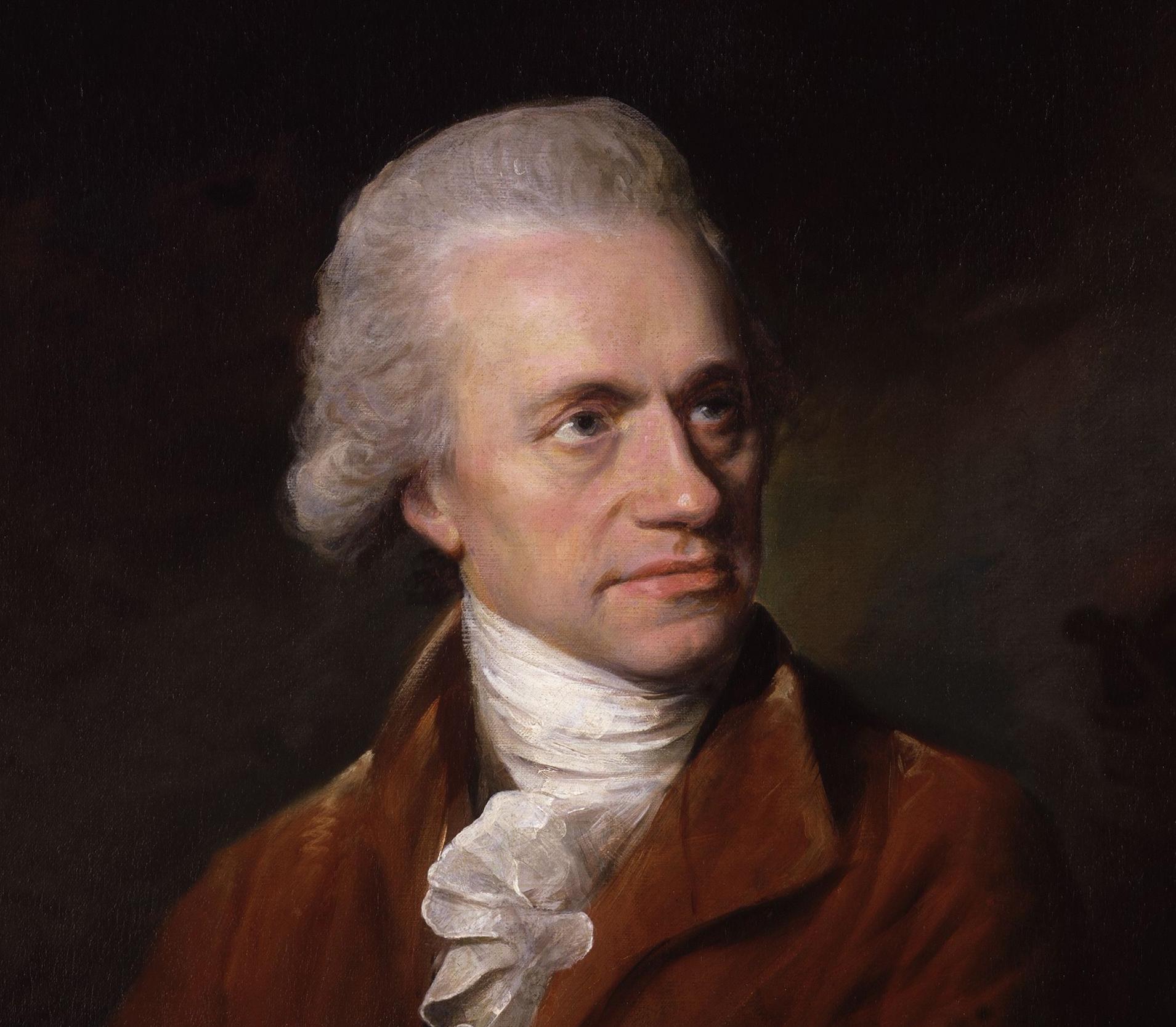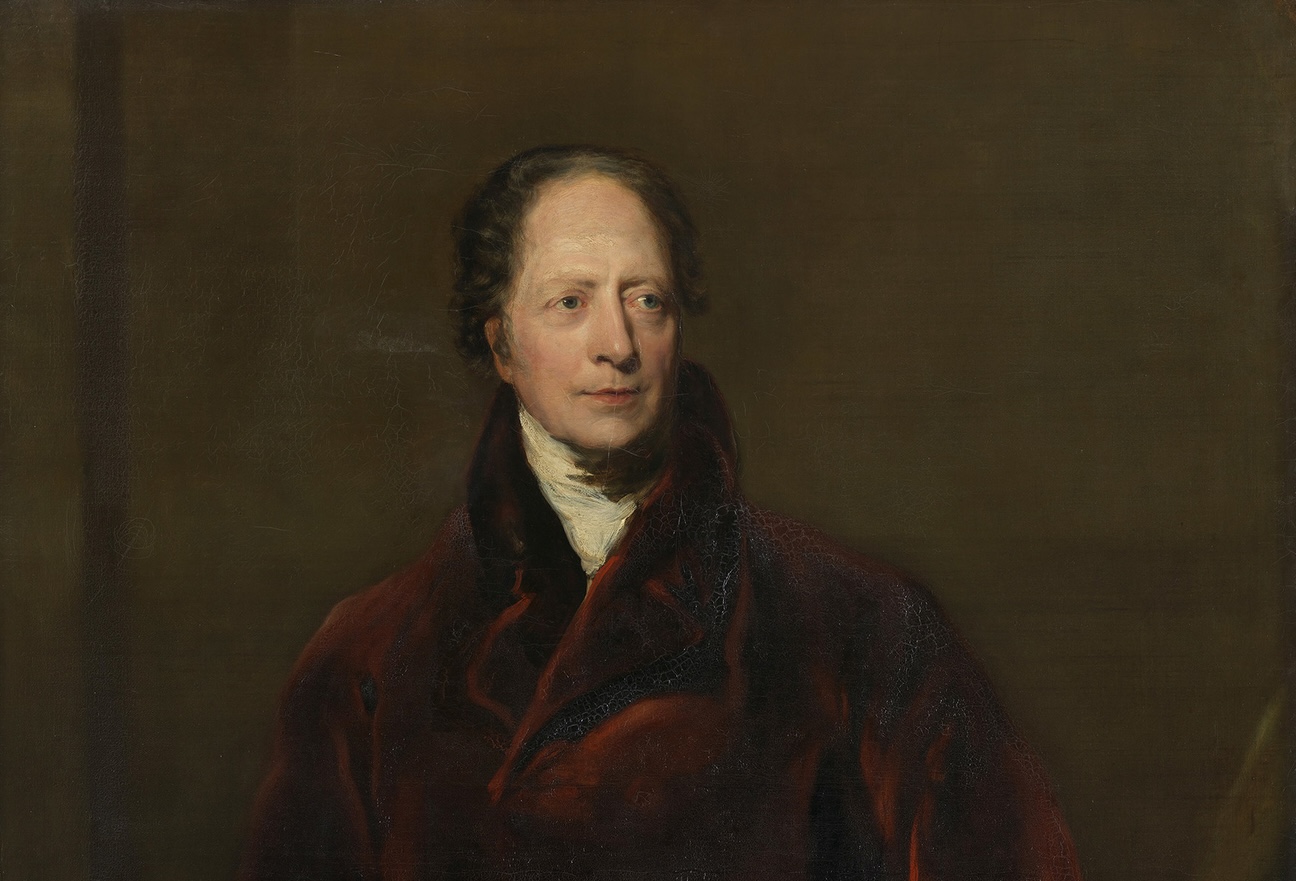Throughout history, music has been a subject of deep philosophical inquiry, with many of the greatest thinkers of their time exploring its mysteries. From Pythagoras to Plato, and from the Renaissance to the Enlightenment, philosophers, scientists, and mathematicians often saw music as a vital part of understanding the universe. They viewed music not merely as an art form but as a fundamental element of existence, deeply intertwined with mathematics, physics, and metaphysics. Yet, in the modern era, this holistic view of music has largely faded. Musicians today are often specialists focused solely on their craft, with little engagement in broader intellectual pursuits. Why has this change occurred, and what does it mean for the future of music and thought?
Music as a Universal Language in Ancient Philosophy
In ancient times, music was regarded as a key to understanding the cosmos. The Greek philosopher Pythagoras, for example, is famous not only for his contributions to mathematics but also for his theory of music. He discovered the mathematical ratios that govern musical harmony and believed that these ratios reflected the harmony of the universe itself—a concept known as the “music of the spheres.” For Pythagoras and his followers, studying music was a way of engaging with the fundamental principles of reality.
Similarly, Plato viewed music as a crucial element of education, linking it to the development of moral character and the cultivation of the soul. For him, music was not just an aesthetic experience but a means of accessing higher truths. The study of music was seen as essential for developing a well-rounded intellect, integrating emotional, moral, and rational faculties.
During the Renaissance, this tradition continued, with figures like Leonardo da Vinci, who saw no division between the arts and sciences. For da Vinci and his contemporaries, music was an expression of the same mathematical principles that governed the natural world. The polymaths of this era saw music, science, philosophy, and mathematics as deeply interconnected disciplines.
The Fragmentation of Knowledge in the Modern Era
The shift away from this holistic view of music can be traced to several developments in the modern era. The first is the specialization of knowledge, which began in the 19th century and has accelerated ever since. As disciplines became more specialized, the broad, integrative approach of the Renaissance polymaths became less common. Academics, scientists, and musicians increasingly focused on their individual fields, leading to a fragmentation of knowledge.
The rise of formal music education also played a role. As music became institutionalized in conservatories and universities, the focus shifted to technical proficiency and the mastery of established repertoires. The philosophical and scientific dimensions of music were often sidelined in favor of performance skills. This professionalization of music created a divide between musicians and other intellectuals, with each group retreating into its own specialized domain.
The Decline of Music’s Role in Intellectual Discourse
Another factor in this shift is the changing role of music in society. In the past, music was seen as a vital part of intellectual and cultural life, with composers often engaging with the philosophical ideas of their time. Beethoven, for example, was deeply influenced by the ideas of the Enlightenment, and his music reflects the ideals of freedom, equality, and human dignity. Similarly, Wagner’s operas are steeped in philosophical ideas, particularly those of Schopenhauer and Nietzsche.
However, in the 20th century, as music became more commercialized and entertainment-focused, its role in intellectual discourse diminished. Popular music, while influential and culturally significant, often lacks the philosophical depth that characterized earlier eras. This shift has led to a situation where musicians are often seen as entertainers rather than thinkers, with little engagement in the broader intellectual currents of their time.
The Impact on Modern Musicians
The result of these changes is that modern musicians are often specialists in their craft, with little engagement in the broader realms of science, philosophy, or mathematics. While this specialization has led to incredible technical advancements in music, it has also led to a narrowing of perspective. Musicians today are rarely seen as the polymaths they once were, and the rich interplay between music and other fields of knowledge has diminished.
This loss is not just a matter of nostalgia; it has real implications for the future of music and thought. The integration of music with other disciplines has historically led to some of the most profound developments in both art and science. Without this cross-pollination, we risk losing the depth and richness that comes from viewing music as part of a larger intellectual and cultural framework.
The Path Forward: Reintegrating Music with Broader Knowledge
To address this, there is a need to reintegrate music with broader intellectual pursuits. This could involve encouraging musicians to engage with philosophy, science, and mathematics as part of their education. Similarly, scientists and philosophers could benefit from engaging more deeply with music, exploring its connections to their fields of study.
The modern world, with its emphasis on interdisciplinary research and the breaking down of barriers between fields, offers opportunities to rekindle the polymathic spirit. By fostering a more holistic approach to music and intellectual inquiry, we can begin to recover the richness of thought that characterized earlier eras.
Conclusion
The decline of the philosopher-musician is a reflection of broader changes in the way knowledge is organized and valued in the modern world. While specialization has led to incredible advances in music and other fields, it has also led to a fragmentation of knowledge that limits our understanding of the world. By rediscovering the connections between music, philosophy, science, and mathematics, we can enrich both our intellectual and artistic lives, and perhaps create a new era of the philosopher-musician.


